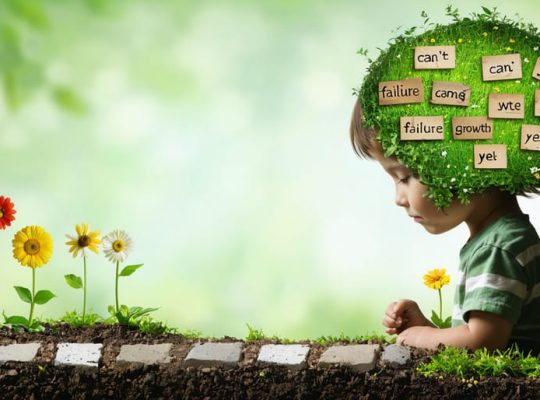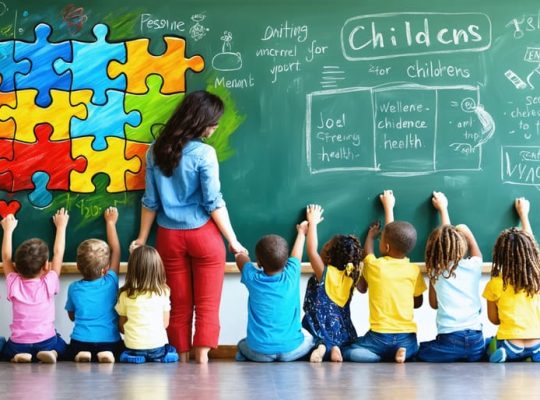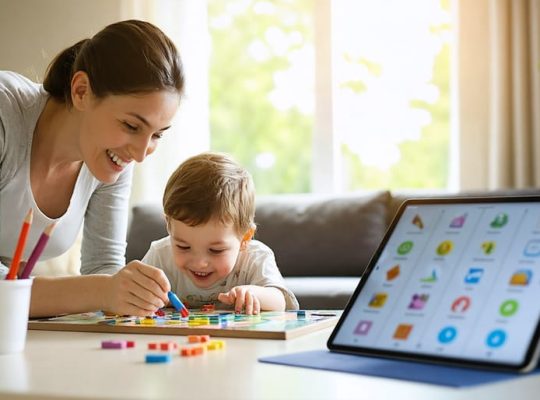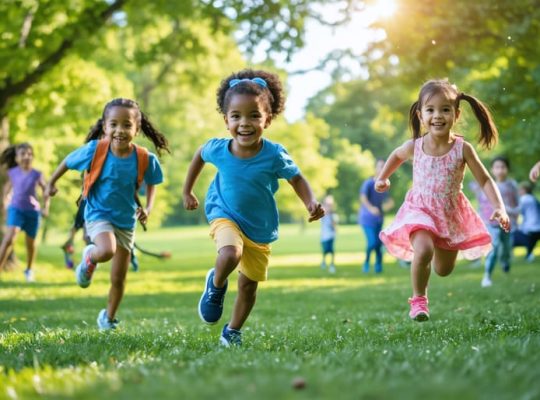Family Dynamics Through Teen Years: Supporting Your Child’s Mental Health Journey
As your teenager navigates the complex journey of adolescence, maintaining a healthy family dynamic requires thoughtful adaptation and understanding. The traditional parent-child relationship evolves dramatically during these transformative years, shifting from direct supervision to guided independence. Parents must balance their protective instincts with their teenager’s growing need for autonomy, while siblings often transition from playmates to confidants and role models.
This period of change, while …










